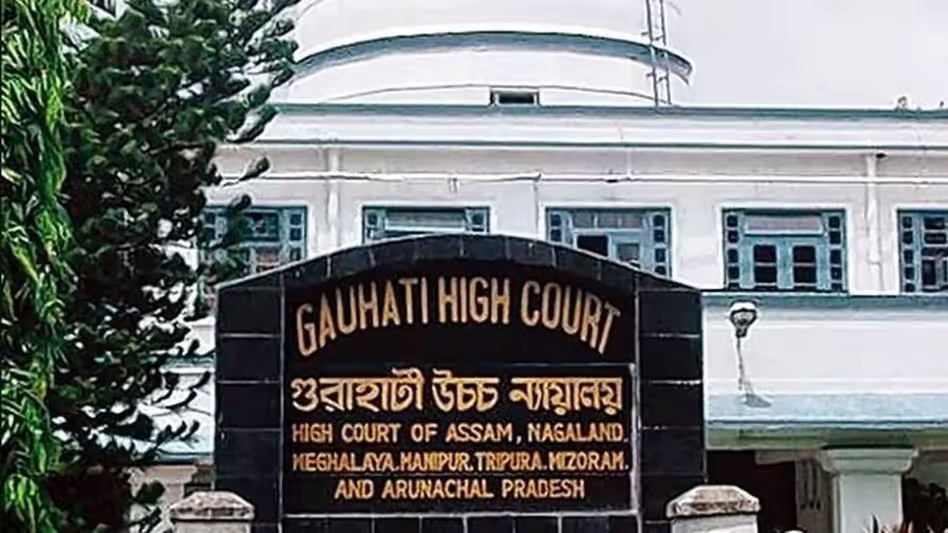The Gauhati High Court granted default bail to five individuals who were involved in a high-profile online trading scam. The court’s decision has drawn significant attention, as it raises crucial questions about the legal intricacies of such cases and the rights of accused individuals under the judicial system. The scam, which involved the illegal manipulation of online trading platforms, had been under investigation for several months, resulting in numerous arrests and charges.
The five individuals who were granted default bail were accused of being key players in the scam, which allegedly exploited a range of online trading platforms to facilitate fraudulent activities. These individuals had been held in custody for several months after being arrested under the provisions of various sections of the Indian Penal Code and the Prevention of Money Laundering Act. The online trading scam involved complex schemes that tricked unsuspecting investors into losing large sums of money.
The case came to light after a series of investigations revealed that the accused had been using advanced technology to manipulate stock prices and trading volumes. The accused were reportedly part of a network that targeted both individual and institutional investors, exploiting the vulnerabilities in the digital trading landscape. Investigators uncovered that the scam had affected many investors, who were left with significant financial losses.
The grant of default bail has sparked discussions within legal and financial circles. Default bail, or statutory bail, is granted when the police fail to file charges within a specified period. In this case, the court ruled that the investigation had exceeded the time limit prescribed under the law for the filing of charges. As a result, the five individuals were granted bail, despite the serious nature of the charges against them.
Legal experts have pointed out that while the court’s decision was based on the technicalities of the law, it has nonetheless highlighted the challenges posed by the growing digital economy. The rise of online trading platforms and the increasing number of digital transactions have made it easier for individuals to engage in fraudulent activities, making it difficult for authorities to keep pace with the rapidly changing landscape.
In this case, the Gauhati High Court emphasized that the accused were entitled to bail under the provisions of the law, particularly given that the charges had not been formally framed within the prescribed period. However, the court also acknowledged the gravity of the allegations and emphasized that the accused individuals would still have to face trial in the future. The bail was granted subject to certain conditions, including the requirement to cooperate with the investigation and appear before the court when summoned.
The case has also drawn attention to the need for stricter regulations and oversight of online trading platforms. With the increasing reliance on digital financial systems, there are growing concerns about the potential for fraudulent activities and the vulnerability of investors. The court’s ruling in this case has prompted calls for greater vigilance from regulatory authorities to ensure that online trading platforms are properly monitored and that investors are protected from scams and fraudulent practices.
For now, the five individuals who were granted default bail will be released from custody, but the legal proceedings in the case are far from over. The investigation into the online trading scam will continue, and it is expected that more arrests and charges may follow as authorities delve deeper into the network of fraudsters behind the scam. The case serves as a reminder of the complexities and risks associated with the rapidly evolving world of online trading and digital finance.
As the legal process unfolds, the outcome of this case will likely have significant implications for both the financial sector and the judicial system. It may lead to changes in how online trading scams are investigated and prosecuted, and could prompt a reevaluation of the legal safeguards in place to protect investors from such fraudulent activities.

